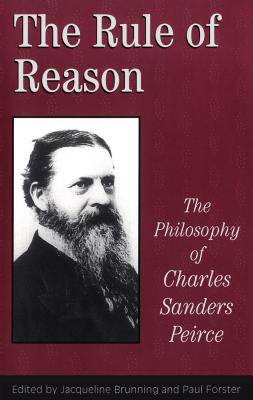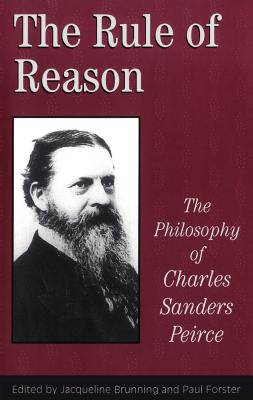
- Retrait gratuit dans votre magasin Club
- 7.000.000 titres dans notre catalogue
- Payer en toute sécurité
- Toujours un magasin près de chez vous
- Retrait gratuit dans votre magasin Club
- 7.000.000 titres dans notre catalogue
- Payer en toute sécurité
- Toujours un magasin près de chez vous
The Rule of Reason
The Philosophy of C.S. Peirce
Description
Charles Sanders Peirce (1839-1914), the founder of Pragmatism, was an American philosopher, logician, physicist, and mathematician. Since the publication of his collected papers in 1931, interest in Peirce has grown dramatically. His work has found audiences in such disciplines as philosophy, computer science, logic, film studies, semiotics, and literary criticism. While Peirce scholarship has advanced considerably since its earliest days, many controversies of interpretation persist, and several of the more obscure aspects of his work remain poorly understood.
The Rule of Reason is a collection of original essays examining Peirce's thought by some of the best-known scholars in the field. The contributors investigate outstanding issues and difficulties in his philosophy and situate his views in both their historical and their contemporary contexts. Some of the essays clarify aspects of Peirce's philosophy, some defend its contemporary significance, and some do both. The essays explore Peirce's work from various perspectives, considering the philosophical significance of his contributions to logic; the foundations of his philosophical system; his metaphysics and cosmology; his theories of inquiry and truth; and his theories of mind, agency, and selfhood.
Spécifications
Parties prenantes
- Editeur:
Contenu
- Nombre de pages :
- 316
- Langue:
- Anglais
- Collection :
Caractéristiques
- EAN:
- 9780802078193
- Date de parution :
- 06-02-97
- Format:
- Livre broché
- Format numérique:
- Trade paperback (VS)
- Dimensions :
- 153 mm x 229 mm
- Poids :
- 489 g






